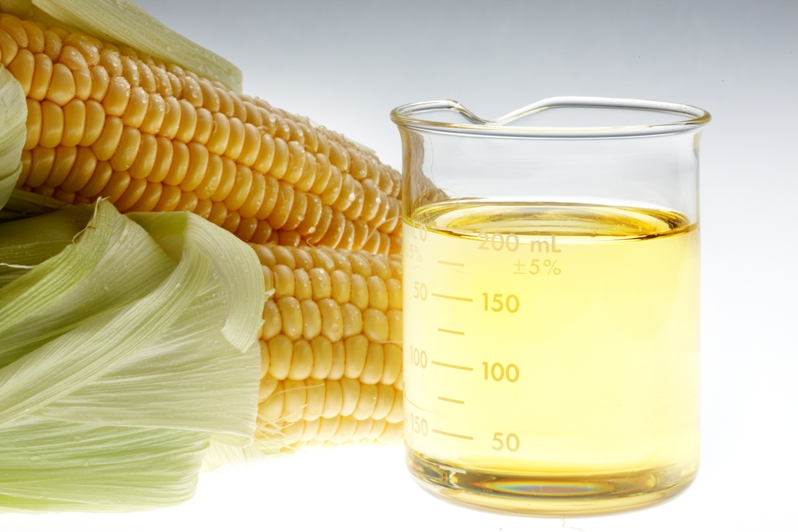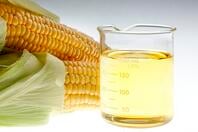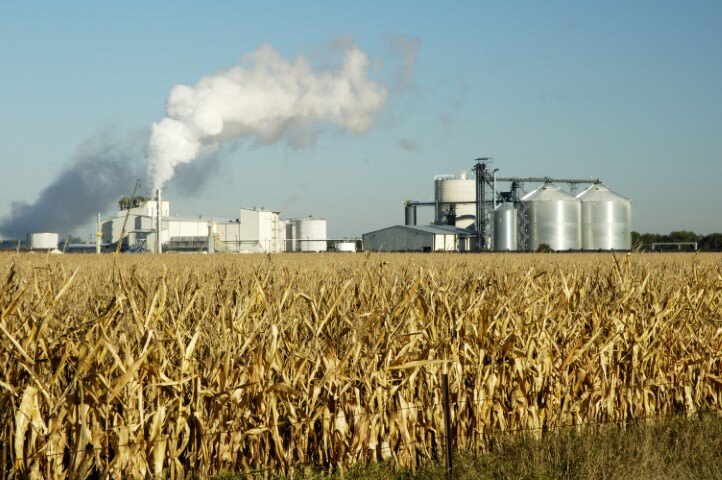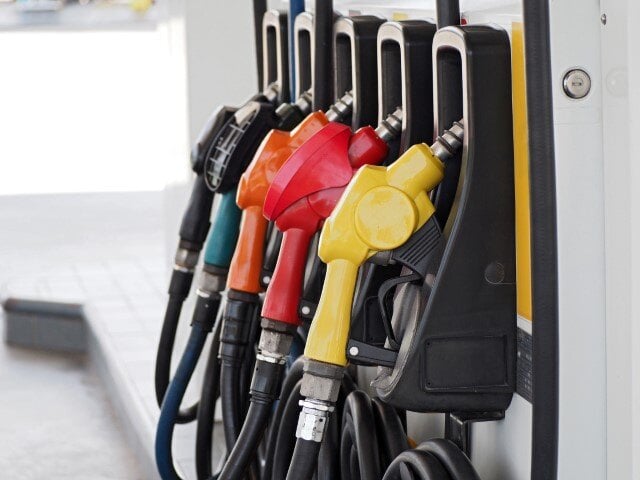Going back and forth about ethanol
One morning, a Google Alerts notification bugged across our screen – it’s what we use to make sure we don’t miss news and happening within the...
1 min read
Bell Performance : Feb 3 2014

 With news that Congress is listening to voices urging them to stop the increase in ethanol blending across the country, it appears that the biofuels industry is running into new roadblocks. Now comes news that these roadblocks aren't appearing just on this side of the pond. News from across the Atlantic is signalling that European ministers are being pressured to do the same.
With news that Congress is listening to voices urging them to stop the increase in ethanol blending across the country, it appears that the biofuels industry is running into new roadblocks. Now comes news that these roadblocks aren't appearing just on this side of the pond. News from across the Atlantic is signalling that European ministers are being pressured to do the same.
Earlier in December, EU energy ministers wrestled with the problem of whether or not to cap crop-based biofuels (like biodiesel and ethanol).Critics of biofuels (and therefore supporters of a cap) made the argument about excessive use of crop-based biofuels pushing up food prices and causing unanticipated environmental damage. Their arguments were countered by the pro-bio lobby seeking to keep the status quo or even expand crop-based biofuels use. Their arguments are familar ones - biofuels are essential in any broad-based efforts to curb greenhouse gases and reduce dependency on petroleum oil.
The proposed level of biofuels use swings up or down depending on who's doing the proposing. The original goal was to have 10% of all transport fuels come from "renewable sources" by the year 2020. The European Commission sought to cut it in half, to a cap of 5%. European Parliament politicians, who get pressure from both sides, proposed to settle in at 6%, but that made the pro-ethanol lobby in Europe extremely unhappy - they have argued that they have built a business with an expectation of 10% coming to pass, and any movement away from that means jobs and investment lost.
Even different EU countries have different goals and proposals. Lithuania made an initial proposal of a cap at 7%. This set off a firestorm of debate - Poland and Hungary thought 7% was too low. Denmark and Belgium thought it was too high. Denmark even went several steps further, proposing additional requirements to encourage more production of renewable fuels from new technologies like algae.
So the whole thing seems to be more complicated than it first appears. And rest assured, the United States is far from the only country who's wrestling with the issue of just how much ethanol (and renewable fuels) should be a part of its national fuels picture.

One morning, a Google Alerts notification bugged across our screen – it’s what we use to make sure we don’t miss news and happening within the...

The continued in-fighting between Republican and Democrat members of Congress has troubling implications for the renewable fuels industry - the...

The whole point of blending ethanol into gasoline across the nation was to improve the environment by making gasoline burn cleaner. Cleaner burning...